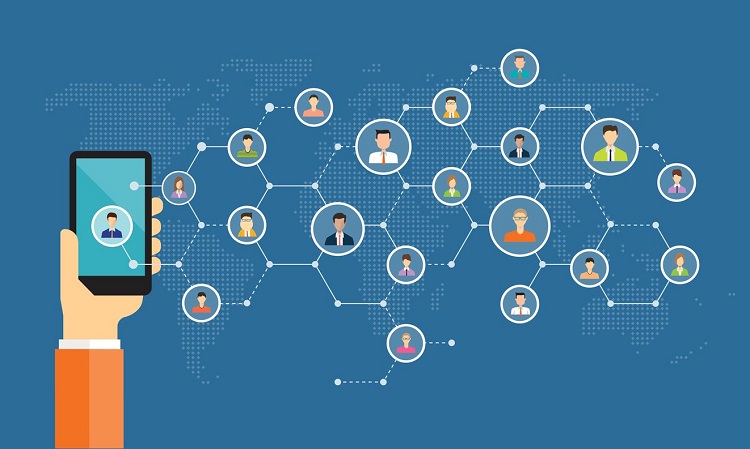Marketing is the business process of creating relationships with customers and finding the perfect conditions to satisfy their needs. This is probably why it’s one of the fields that collects and uses a huge amount of data about a lot of things, including customers, website traffic, products and services, delivery, pricing and payment conditions etc.
With the explosion of online commerce and so many attractive offers, companies are urged to find innovative solutions to stay ahead of the curve. Continuing to keep current customers happy while winning over new ones requires a lot of work. Carefully analyzing and wisely using the collected data is one of the means companies can take advantage of to achieve their marketing goals.
This is where new technology is brought into play. Artificial intelligence and machine learning (ML) are an increasingly integral part of the marketing industry, helping digital marketers bridge the gap between data science and execution.
According to a PwC study published in 2017, 72% of business owners viewed AI as a “business advantage.” A different report by Smart Insights reveals that out of 100 senior marketers from different industries, 55% of them are implementing or already considering using AI in their practices.
In marketing, artificial intelligence is turning out to be of real help, allowing companies to process large amounts of data faster and more efficiently, to deliver customized messages, to identify trends and to predict outcomes. All these translate into high-quality products and services, better customer support, more personalized offers and a stronger relationship with customers.
Let’s have a look at the mentioned use cases and see how AI and ML are taking marketing to the next level.
Analyzing and filtering the data
As mentioned, marketing is a data-driven field. Understanding and properly using that data is key to enhancing the customers’ experience, targeting, personalized services and many more.
The process of collecting, grouping, analyzing and interpreting the data is really time consuming and quite difficult for individuals. Companies can miss great opportunities because the data is too exhaustive or, in some cases, not relevant, or it takes too much to understand it and draw a conclusion. Moreover, humans can misunderstand or omit some information that could turn out to be crucial.
In this case, what artificial intelligence does is analyze the data, identify patterns and predict results or insights. And it does this much faster than any individual.
Profiling customers
Analyzing the data is only the first step. Artificial intelligence can provide companies with fundamental information about their current or prospective customers. Based on the purchasing history, views, social conversations, to name but a few, this technology can tell marketing professionals what the customers like, dislike and how they really feel about the company, products and services.
Using natural language processing (NLP), marketers can take the pulse of the industry and analyse their brand presence, which can afterwards help them take the necessary measures to improve certain aspects. For instance, if there are customers in a certain age range or geographical location they don’t currently serve, they can learn this with the help of AI and then create customizable products and launch targeted campaigns.
The same goes for performing sentiment analysis on social conversations. As an example, Samsung was able to detect and counteract customer dissatisfaction with a red tint on the screen of its newly-released S8 smartphone model. The company works with AI consumer insights provider Crimson Hexagon.
Continue reading on Strongbytes’ blog.

